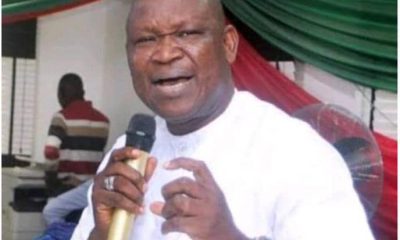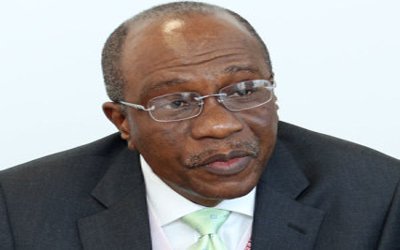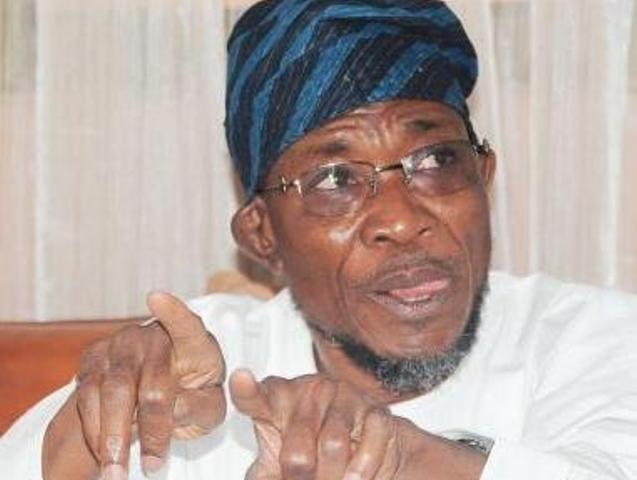Economy
Etisalat: Debt News Inflated, Not True
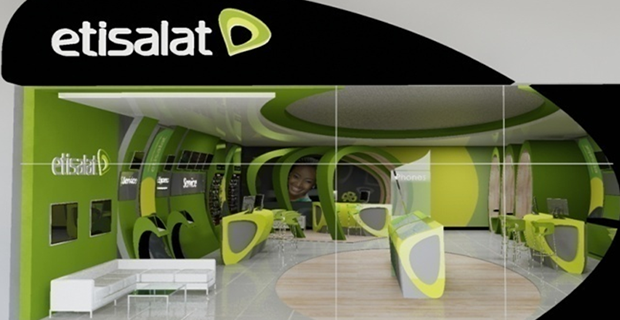
Etisalat has repaid 42 percent of the debt owed Nigerian banks and is not owing the humongous $1.2bn, as being reported in the media.
The clarification was made by the troubled telecommunications company today.
“As at today, we can categorically state that the outstanding loan sum to the consortium(of banks) stands at $227m and N113bn, a total of about $574m if the naira portion is converted to US Dollars. This, in essence, means almost half of the original loan of $1.2bn, has been repaid.
Ibrahim Dikko, Vice-President, Regulatory & Corporate Affairs of Etisalat Nigeria said “Etisalat continued to service the loan up until February 2017, when discussions with the banks regarding the repayment restructuring commenced.”
The company also denied it was under any investigation by the anti-graft agency, the Economic and Financial Crimes Commission.
The denial was spurred by reports Tuesday that some of the banks have asked the EFCC to probe the use of the loan by the company as they claimed they could not see proof that the money was used by the company.
Etisalat has however fired back to debunk the story.
“The attention of Etisalat Nigeria has been drawn to media reports that the management of Etisalat Nigeria is being investigated by the Economic and Financial Crimes Commission (EFCC), following a petition to “the Federal Government asking that Etisalat be investigated” on how the funds from the syndicated loans were utilised.
“Etisalat wishes to categorically affirm for the avoidance of doubt that the reports are patently false and most unfortunate considering the damage such misleading information can have not only on our business but indeed on the telecommunications industry and the country as a whole. A simple interrogation of the rigorous process for securing a syndicated loan from a consortium of reputable banks would have exposed the truth to the original writer of this story and other media channels who have subsequently re-circulated the falsehood without interrogation or verification.
“Concerned parties have access to our books and do not require an investigation into how the loan sum was utilised. All of the infrastructure investment and services for which the loan was secured, were paid through our banks and these are verifiable.”
Etisalat said it obtained the $1.2bn loan, a medium-term seven-year facility to expand its network and improve the quality of service on its network.
The company said the economic downturn of 2015 and the sharp devaluation of the naira negatively impacted on the dollar-denominated loan by driving up the loan value, thus prompting Etisalat to request a loan restructuring from the consortium of banks.
Etisalat said it had consistently and conscientiously met up with its payment obligations, before the twin crisis of 2015.
-

 News4 days ago
News4 days agoRamadan, Lent: Shettima Calls For National Unity And Compassion
-

 Opinion4 days ago
Opinion4 days agoReinventing Osun’s Economy Through Dagbolu Intl. Trade Centre: From Quiet Market Lessons To Regional Trade Revolution By Adeboye Adebayo
-
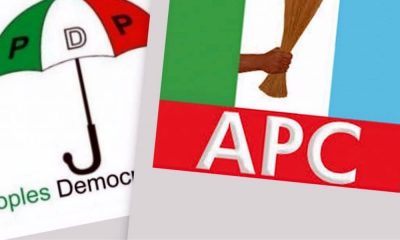
 News4 days ago
News4 days ago‘Wike Factor’: Another PDP Chairmanship Candidate Steps Down For APC In FCT
-

 News2 days ago
News2 days agoInsecurity: Kogi Schools Resume On Monday



